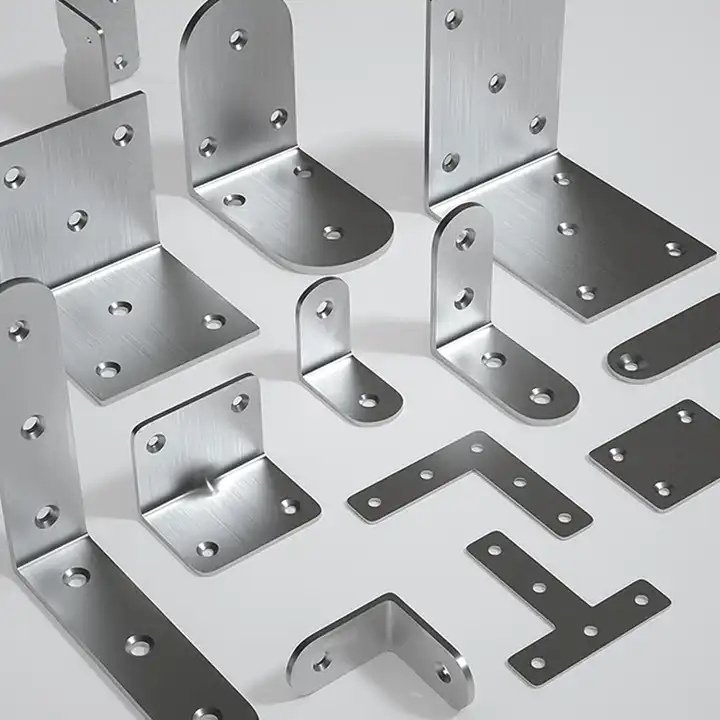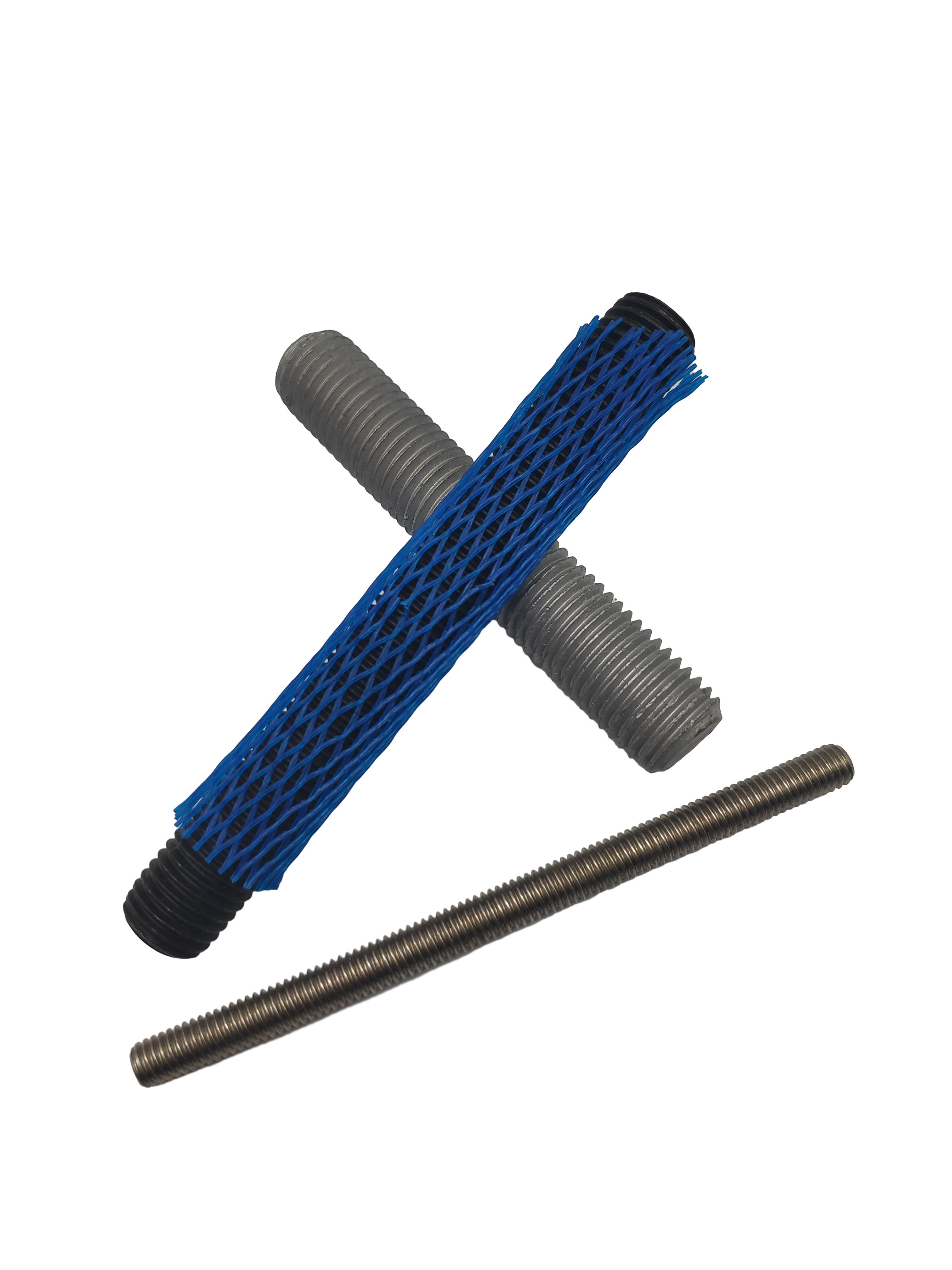types of wood connectors
Wood connectors are essential components in construction and woodworking that provide crucial structural support and join wooden elements securely. These connectors come in various forms, including metal plates, screws, nails, brackets, and specialized fasteners. Metal connector plates, also known as truss plates, feature sharp teeth that penetrate wood surfaces to create strong joints, particularly in roof trusses and heavy timber construction. Structural screws offer superior holding power and can be installed without pre-drilling in many applications. Traditional nails remain popular for their simplicity and cost-effectiveness, while modern engineered wood connectors like joist hangers and post bases provide enhanced load-bearing capacity and moisture protection. Hidden connectors have gained popularity in contemporary construction, offering clean aesthetics while maintaining structural integrity. Advanced connector systems incorporate features like self-drilling tips, corrosion-resistant coatings, and engineered polymer materials that enhance durability and installation efficiency. These connectors are designed to meet specific building codes and load requirements, ensuring safe and reliable wood connections in various environmental conditions.


